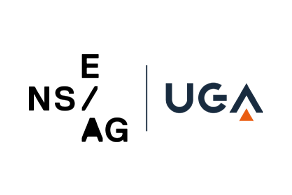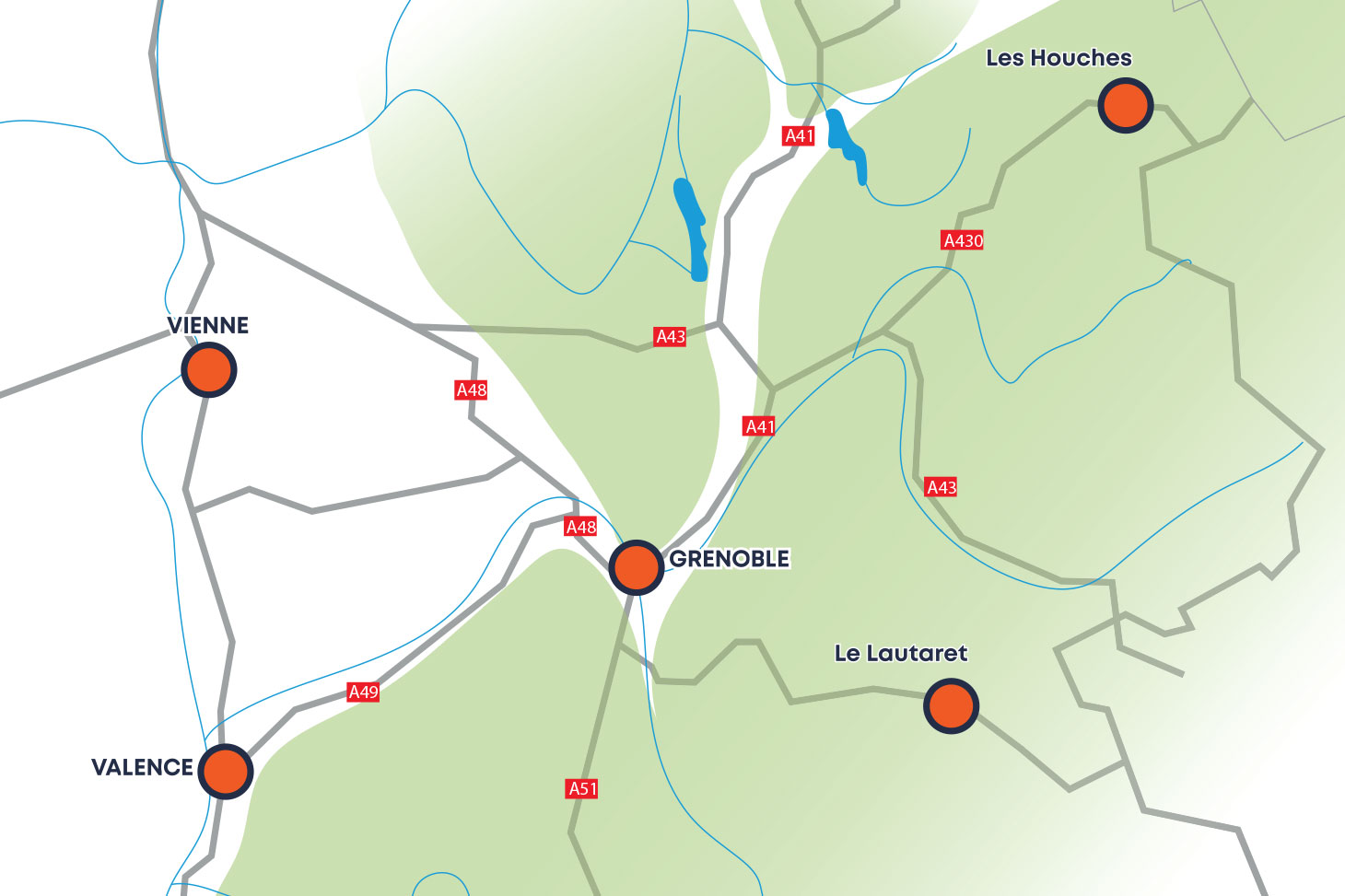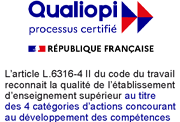Accueil
En ce moment à l'Université Grenoble Alpes
- Le Festival Culturel universitaire à l’UGA : remontons le temps sur ces 18 éditions !Le Festival Culturel universitaire tel que nous le connaissons, a-t-il toujours été le même durant ces 18 dernières années ? Rencontre avec les initiateurs de ce rendez-vous annuel incontournable : Bertrand Vignon, chef de service programmation et patrimoine artistiques et Julien Vaccari, chef de projets culturels étudiants, au sein de la Direction de la culture et de la culture scientifique de l’UGA.Lire la suite
- Trois titres pour Pierre Gouzou aux championnats d’Europe de trampoline !Après Sofia en 2022 et Birmingham en 2023, Pierre Gouzou poursuit sur son ascension internationale sur les trampolines de Guimarães au Portugal. À quelques mois des JO, le trampoliniste de l’équipe de France revient des championnats d’Europe 2024 avec une médaille d’or et deux d’argent.Lire la suite
- Elections à la présidence de l'UGA - Appel à candidatureA la suite de l'élection de ses nouveaux représentants des personnels et des usagers au conseil d’administration, l’Université Grenoble Alpes élira son président ou sa présidente lors de la réunion du conseil d’administration prévue le jeudi 16 mai 2024. Dans ce cadre, un appel à candidature est ouvert.Lire la suite
- Let’s play UGA : le programme !Jeudi 18 avril, participez à un événement gaming caritatif inédit sur le campus de l’UGA ! Tournoi gaming, village associatif, bornes d’arcades, activités et concerts n’attendent que vous ! À suivre sur place et en direct sur Twitch !Lire la suite
Agenda
- Session de formationMettez de la créativité dans vos enseignements !Du 12 avril 2024 au 18 juin 2024Saint-Martin-d'Hères - Domaine universitaire
- ColloqueLittérature et écologie - Entre fin du monde et résilienceDu 18 avril 2024 au 19 avril 2024Saint-Martin-d'Hères - Domaine universitaire
- Cinéma/Vidéo, Rencontre / DébatProjection et conférence-débat autour du documentaire "Miroir"le 19 avril 2024Grenoble - Centre ville
- Spectacle, Théâtre"Le misanthrope" de Molièrele 19 avril 2024Saint-Martin-d'Hères - Domaine universitaire
- Spectacle, Théâtre"Le misanthrope" de MolièreDu 29 avril 2024 au 30 avril 2024Saint-Martin-d'Hères - Domaine universitaire
59 500
étudiants
30
écoles, facultés et instituts
600
parcours et filières
71
unités de recherche
Au top de la recherche mondiale
Top 150 du classement de Shanghai 2023
L’Université Grenoble Alpes conserve son rang dans le top 150 du classement global de Shanghai 2023 qui compare la productivité de la recherche des 1000 meilleures universités dans le monde. Au niveau national, elle maintient sa place au 5e rang des meilleures universités françaises.

Top 50 dans 6 disciplines scientifiques
Dans le classement thématique de Shanghai 2022, l'Université Grenoble Alpes figure dans le top 50 mondial dans 6 disciplines scientifiques :
- 12e en télédétection.
- 24e en sciences de la Terre.
- 39e en génie métallurgique.
- 40e en physique.
- 40e en mathématiques.
- 50e en géographie.



















